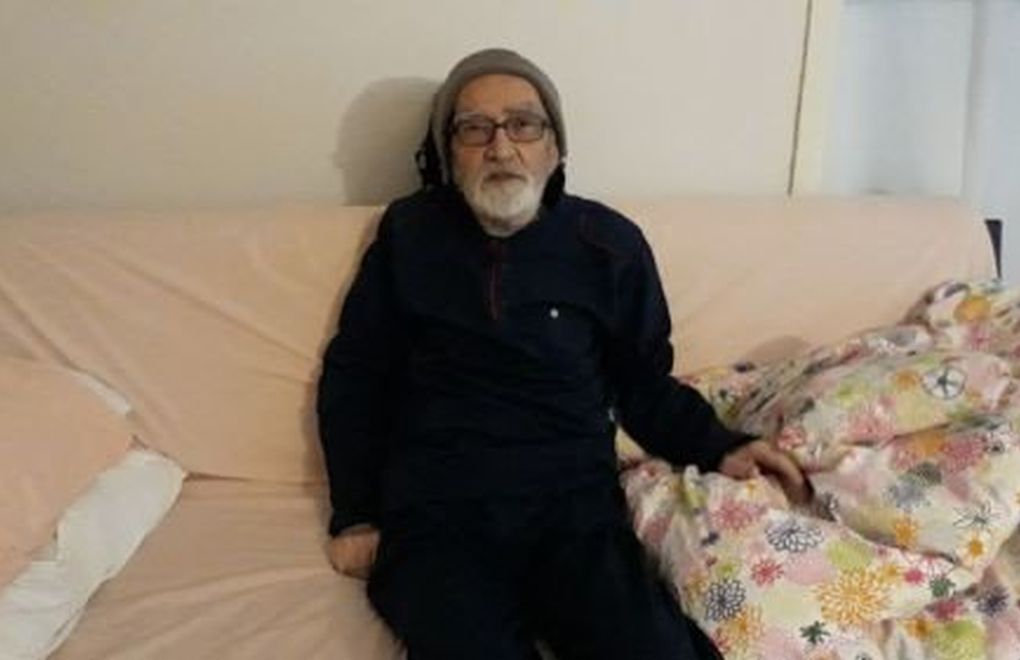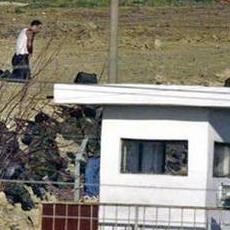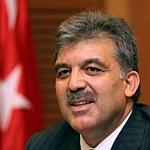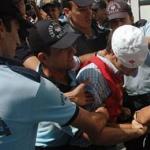Click to read the article in Turkish
Twenty-six people were detained in the scope of an investigation carried out by İstanbul Chief Prosecutor's Office against relatives of prisoners. Six of those detained were remanded in custody while the others were to be taken to the courthouse later yesterday.
Some of those remanded in custody are over 70 with serious illnesses.
Lawyer Seda Şaraldı told bianet that some of the detainees were relatives of prisoners while some others were members of the Solidarity Association of Prisoners' Families (TAYAD) which was closed.
Why did you send prisoners shirts?
75-year-old Mehmet Güvel who is one of those remanded in custody has Wernicke-Korsakoff syndrome and has been released from prison due to this in 2003 with a pardon from the President.
Güvel was asked in the Police Headquarters and in the prosecutor's office why he has sent clothes such as shirts and pants to the prisoners. Again his TAYAD membership years ago and his participation in press conferences related to sick prisoners were shown as evidence against him.
Again Güvel's money transfers to the account of the prisoners at the prison were regarded as evidence and a reason for remanding in custody, and he was charged with "providing financial aid to the organization."
Official document regarded as "organizational connection"
Lawyer Şaraldı told bianet that prison visits and transfers of money to the prison for relatives and friends were used within the accusations made.
Şaraldı said, "Information on official documents of TAYAD, which is a legal association, received from the Ministry are placed in the file and shown as "organizational connection." This is the violation of the freedom of association."
"Questions were addressed to those detained on why they went to prison visits or why they deposited money on a prisoner's account when that person was not a relative."
Money can be deposited to a prisoner's account according to the related regulation.
200 lira "financial aid to organization"
Money transfers of Nagehan Kurt in the years of 2016 and 2017 were included in the investigation file, which ranged between 10 to 150 lira (33-45 Euro). And according to the list for the period before 2016, the maximum amount of money transferred is 200 TL (around 70 Euro).
The examination of the transfers of money to the accounts of the prisoners goes back as early as 2012. The maximum money deposited in the list is 200 lira while usually, the transfer amount is 50 lira.
2000 hunger strikes, "Back-to-life" operation, losses of life & Wernicke Korsakoff casesHundreds of prisoners went on hunger strike in Türkiye starting in October 200 in protest against the introduction of "F-type" prisons, designed to provide living spaces for two to three persons instead of dormitories. On 19 December 2000, the security forces intervened in around 20 prisons. Violent clashes occurred during the operation, named "Back to life" operation. According to the figures the Human Rights Association (İHD) reported on April 14, 2004, a total of 110 people died as a result of death fasts, and at the December 19-22 prison operations, and at that date, hundreds of detainees and convicts were suffering from the Wernicke Korsakoff disease caused by death fasts. 28 prisoners and 2 soldiers lost their lives in the operation on prisons between December 19-22, 2000. The only case that is continuing in Türkiye courts as of 2022 is the one related to Bayrampaşa Prison in İstanbul for which the hearings are being held in the 13th Heavy Penal Court of Bakırköy in İstanbul. The other cases have been closed and there are no soldiers or politicians who are convicted. ECtHR found Turkey guilty of human rights abuse charges related to "Operation Back to Life" in several cases brought to the Court. The Wernicke Korsakoff disease is caused by prolonged hunger and lack of vitamins, and causes serious damage to the brain, affects balance, and leads to memory loss. If there is no improvement in the condition of a Wernicke Korsakoff patient by the end of the first year, the disease becomes chronic and impossible to cure. |
(AS/PE)













